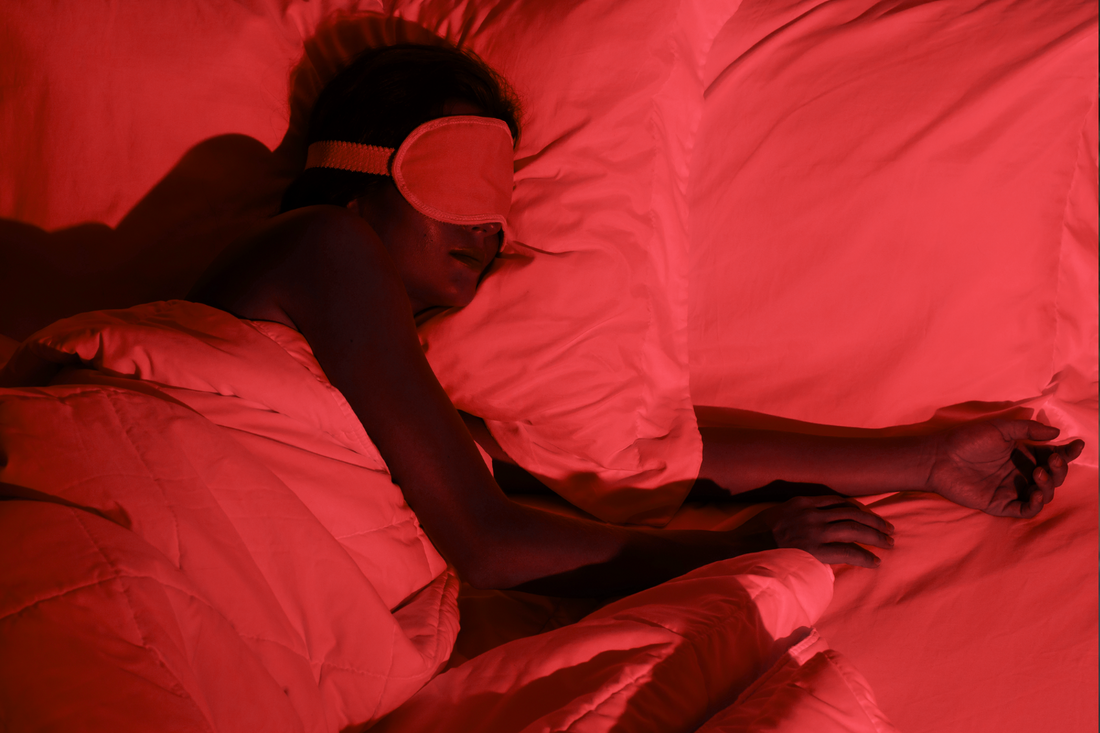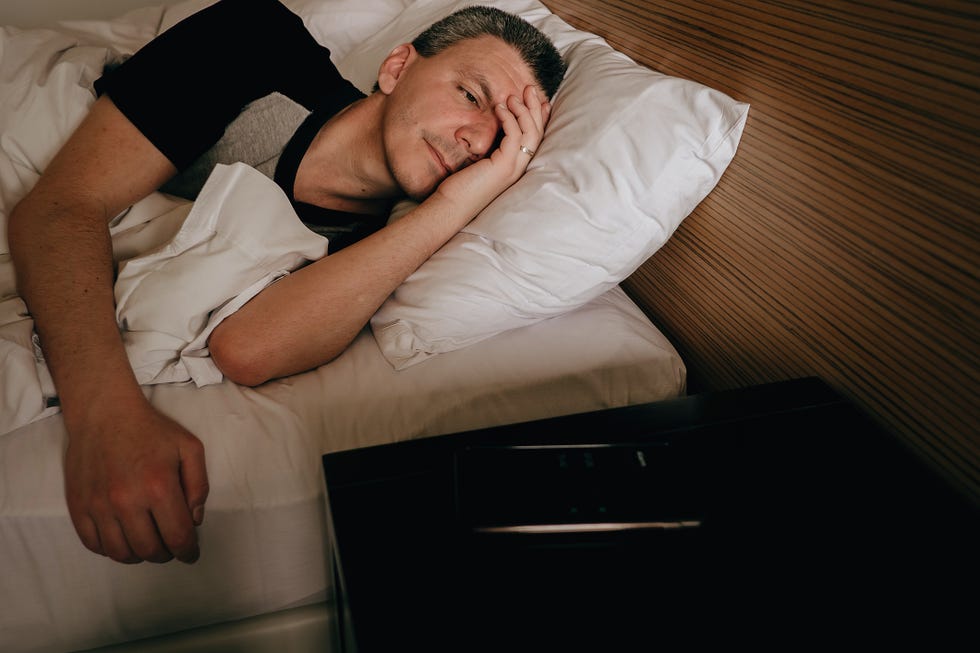Effective Therapy Solutions for Handling Sleep Disorders and Enhancing Relaxed Rest
In the world of healthcare, the monitoring of sleep conditions and the pursuit for restful sleep are essential components of general well-being. As we navigate the detailed landscape of sleep conditions and look for to enhance our rest experience, a much deeper understanding of these therapy options might hold the key to opening an extra rejuvenating and fulfilling corrective trip.
Cognitive Behavior Modification for Insomnia (CBT-I)
Cognitive Behavior Therapy for Sleeping Disorders (CBT-I) is a structured, evidence-based therapy strategy that focuses on addressing the underlying elements contributing to sleep disruptions. This kind of therapy intends to customize behaviors and ideas that worsen sleep problems, eventually promoting healthy rest patterns. CBT-I generally entails numerous vital elements, consisting of cognitive treatment, rest constraint, stimulus control, and sleep hygiene education.
Cognitive treatment helps individuals identify and change unfavorable idea patterns and beliefs regarding sleep that may be preventing their capacity to fall or stay asleep. Sleep constraint entails restricting the amount of time spent in bed to match the person's real sleep duration, thus enhancing sleep performance (sleep deprivation help). Stimulation control strategies aid establish a solid association between the bed and sleep by encouraging people to visit bed just when drowsy and to prevent taking part in stimulating activities in bed
Additionally, sleep health education and learning concentrates on establishing healthy and balanced sleep practices, such as maintaining a regular sleep schedule, creating a relaxing going to bed routine, and maximizing the rest atmosphere. By attending to these elements thoroughly, CBT-I supplies an efficient non-pharmacological treatment for handling sleep problems and enhancing overall sleep high quality.
Sleep Health Practices
Having established the structure of cognitive restructuring and behavioral modifications in resolving insomnia via Cognitive Behavior modification for Sleep Problems (CBT-I), the emphasis currently moves in the direction of exploring important Rest Hygiene Practices for keeping optimal sleep top quality and total well-being.
Rest health practices encompass a series of behaviors and environmental variables that can substantially affect one's ability to sleep and remain asleep throughout the night. Constant sleep and wake times, creating a relaxing bedtime regimen, and optimizing the sleep setting by maintaining it dark, quiet, and cool are critical elements of excellent sleep hygiene. Restricting exposure to screens before bedtime, staying clear of stimulants like caffeine close to bedtime, and engaging in regular exercise throughout the day can also promote better sleep high quality.
Furthermore, practicing relaxation strategies such as deep breathing exercises or meditation before bed can aid relax the mind and prepare the body for rest. By integrating these rest hygiene techniques right into one's everyday routine, individuals can establish a healthy rest pattern that sustains relaxed rest and general well-being.
Relaxation Techniques and Mindfulness
Implementing leisure methods and mindfulness methods can play a critical role in promoting a feeling of calmness and promoting quality sleep. insomnia solutions. These methods aim to silent the mind, minimize tension, and develop an optimal environment for relaxed sleep. One extensively practiced method is deep breathing exercises, where people focus on sluggish, deep breaths to unwind the mind and body. Progressive muscular tissue relaxation involves tensing and then launching each muscle mass group, promoting physical leisure. Additionally, assisted imagery can assist transfer people to a calm location in their minds, assisting in anxiety reduction and improving rest quality.
By including these methods right into a going to bed routine, people can indicate to their bodies that it is time to relax and prepare for rest. Generally, incorporating leisure methods and mindfulness practices can considerably contribute to handling sleep problems and enhancing overall sleep high quality.

Medication Options for Sleep Disorders
After discovering relaxation techniques and mindfulness practices as non-pharmacological treatments for improving sleep quality, it is crucial to consider medicine choices for people with sleep conditions. In cases where lifestyle adjustments and therapy do not give enough relief, medication can be an important device in taking care of sleep disturbances.
Frequently prescribed drugs for rest problems consist of benzodiazepines, non-benzodiazepine hypnotics, antidepressants, and melatonin receptor agonists. Benzodiazepines, such as diazepam, are sedatives that can help induce sleep, but they are normally advised for short-term usage as a result of the risk of reliance. Non-benzodiazepine hypnotics like zolpidem are likewise utilized to treat sleeplessness and have a lower risk of reliance compared to benzodiazepines. Antidepressants, such as trazodone, can be useful for people with co-occurring anxiety and sleep disturbances. Melatonin receptor agonists, like ramelteon, target the body's natural sleep-wake cycle and can be useful for controling sleep patterns.
It is crucial for people to seek advice from a healthcare service provider to identify the most ideal medicine alternative based on their particular rest condition and case history.
Light Therapy for Body Clock Guideline
Light therapy, additionally referred to as photo-therapy, is a non-invasive therapy approach utilized to regulate body clocks and improve sleep-wake cycles. This therapy entails exposure to intense light that imitates all-natural see here now sunlight, which helps to reset the body's body clock. By revealing people to certain wavelengths of light, normally in the morning or evening depending on the preferred result, light therapy can successfully adjust the body clock to promote wakefulness during the day and improve relaxed sleep during the night.
Research has revealed that light therapy can be specifically useful for people with click this body clock conditions, such as postponed rest phase disorder or jet lag. It can likewise be handy for those experiencing seasonal affective disorder (SAD), a sort of anxiety that commonly occurs during the winter season when natural light direct exposure is lowered. Light treatment is usually well-tolerated and can be utilized in combination with various other therapy approaches for sleep conditions to enhance end results and boost overall sleep quality.
Conclusion
To conclude, reliable therapy remedies for managing rest conditions and boosting relaxing rest consist of Cognitive Behavior modification for Sleeping Disorders (CBT-I), sleep health practices, relaxation strategies and mindfulness, medication choices, and light therapy for circadian rhythm regulation. These approaches can night terrors every night help individuals improve their rest quality and overall well-being. It is very important to consult with a health care service provider to identify the most ideal strategy for dealing with sleep concerns.
As we browse the complex landscape of rest conditions and seek to boost our sleep experience, a much deeper understanding of these therapy services might hold the secret to opening a much more rejuvenating and meeting corrective trip.
Sleep restriction entails restricting the quantity of time spent in bed to match the person's actual rest period, consequently enhancing rest performance. Regular rest and wake times, creating a relaxing going to bed regimen, and maximizing the rest atmosphere by maintaining it dark, quiet, and cool are important parts of good sleep health. Light therapy is generally well-tolerated and can be made use of in combination with various other treatment approaches for rest disorders to maximize outcomes and boost total sleep top quality.
